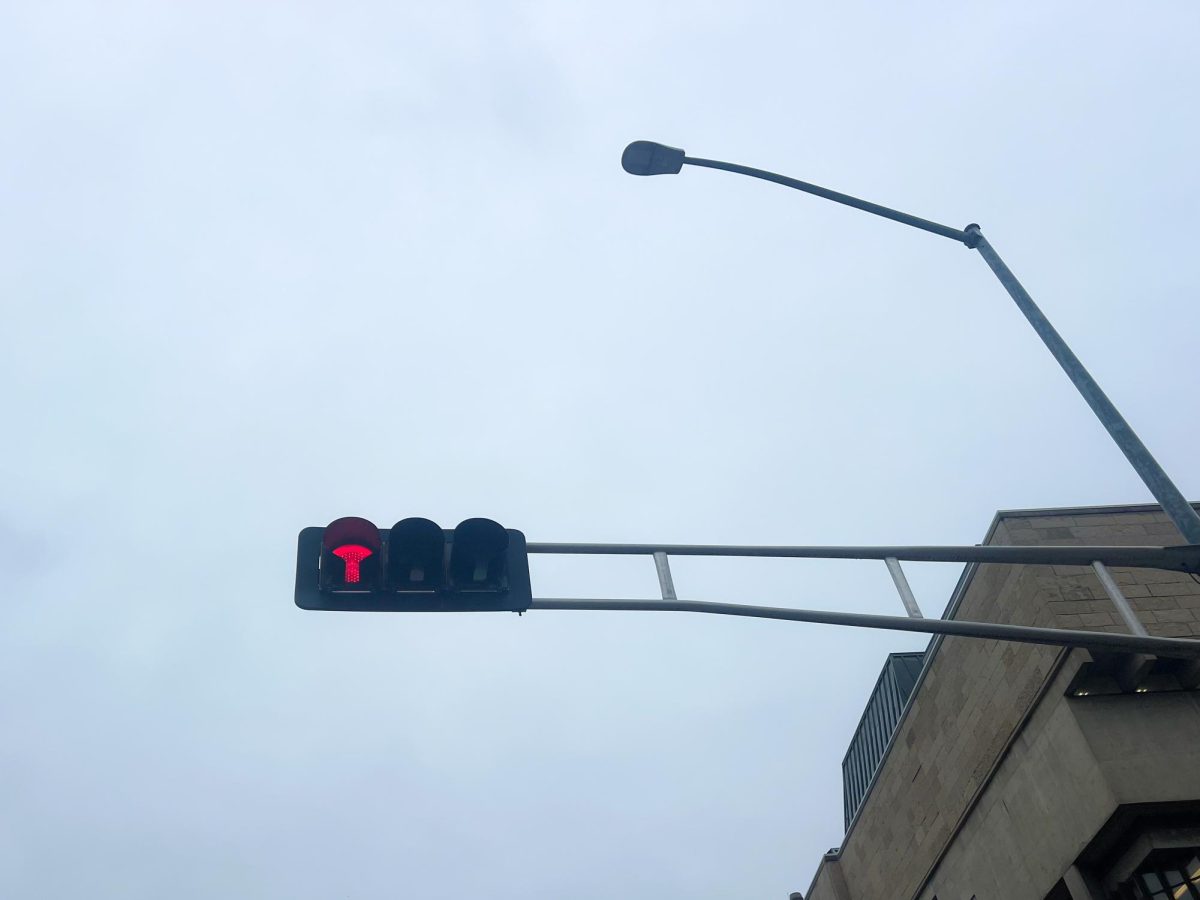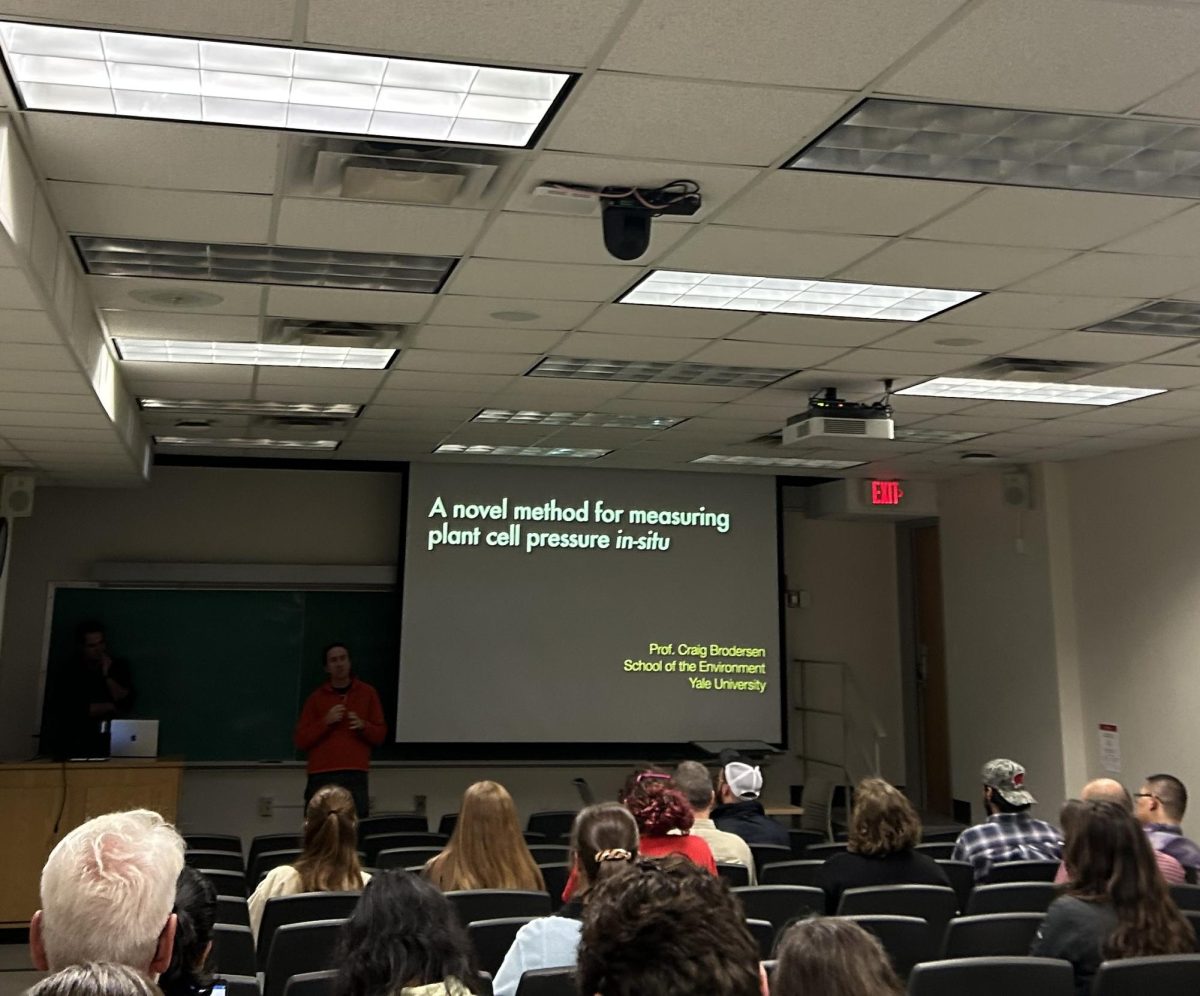A University of Wisconsin alumnus concerned over student workers’ rights and benefits at restaurant jobs throughout the city is working to protect student employees.
The Workers’ Rights Center held a press conference at The Crossing on University Avenue Friday addressing the rights of student workers and other employees of downtown Madison restaurants.
Patrick Hickey, director of the Workers’ Rights Center, spoke to The Badger Herald about his work with the issue.
“The ‘Just Dining’ Program isn’t specifically targeted toward student workers, but all employees of restaurants in the downtown Madison area,” Hickey said. “Still, we recognize many of the employees of these restaurants are students and we have two main goals for them.”
According to Hickey, the first goal of the program is to give students information about the wages, hours and working conditions of the downtown restaurants so they can be better informed when seeking employment about the range in wages and benefits offered. The second goal is to educate student workers about their rights in the workplace.
Hickey said the WRC does outreach and gathers information on the status of students working at restaurants. They will also be distributing basic information about labor rights and protections.
Hickey said no particular incident triggered the launching of this effort. In the 10 years the Workers’ Rights Center has been operating, he said they have often highlighted problems in the restaurant industry.
“Restaurants are notorious nationally for violations of labor laws,” Hickey said. “With this project, we want to lift up those that are going the extra mile to provide good quality jobs, with benefits and good work environments.”
The “Just Dining” program is also about giving customers information about which establishments provide good working conditions, and Hickey said WRC, along with the Restaurant Opportunities Center, plans to release a dining guide, which customers and workers could use to help them in deciding where to eat and where to work, according to Hickey.
Hickey said the most common problems that student workers have mentioned are unpaid wages, stolen tips, illegal deductions from paychecks, bounced checks, sexual harassment, lack of sick leave benefits and general harsh treatment.
Mary Carbine, executive director of Madison’s Central Business Improvement District, said although she could not give an exact number of students working in downtown dining establishments, they are a large and important part of the workforce.
“I have not been made aware of any complaints by student workers of downtown restaurants,” Carbine said.
Hickey said part of his inspiration for this program is that he was a UW student many years ago. He worked at the student union in the cafeterias and also at a number of restaurants downtown to help put himself through school.
“At this stage, we are focused on surveying workers throughout the downtown area,” Hickey said. “We hope to complete our surveying over the summer and release the ‘Just Dining’ Guide in the fall. It will be distributed widely and will also be available online. We hope that the information spurs improvement in employment standards and gets more people to think about how workers are treated at the places they frequent.”












